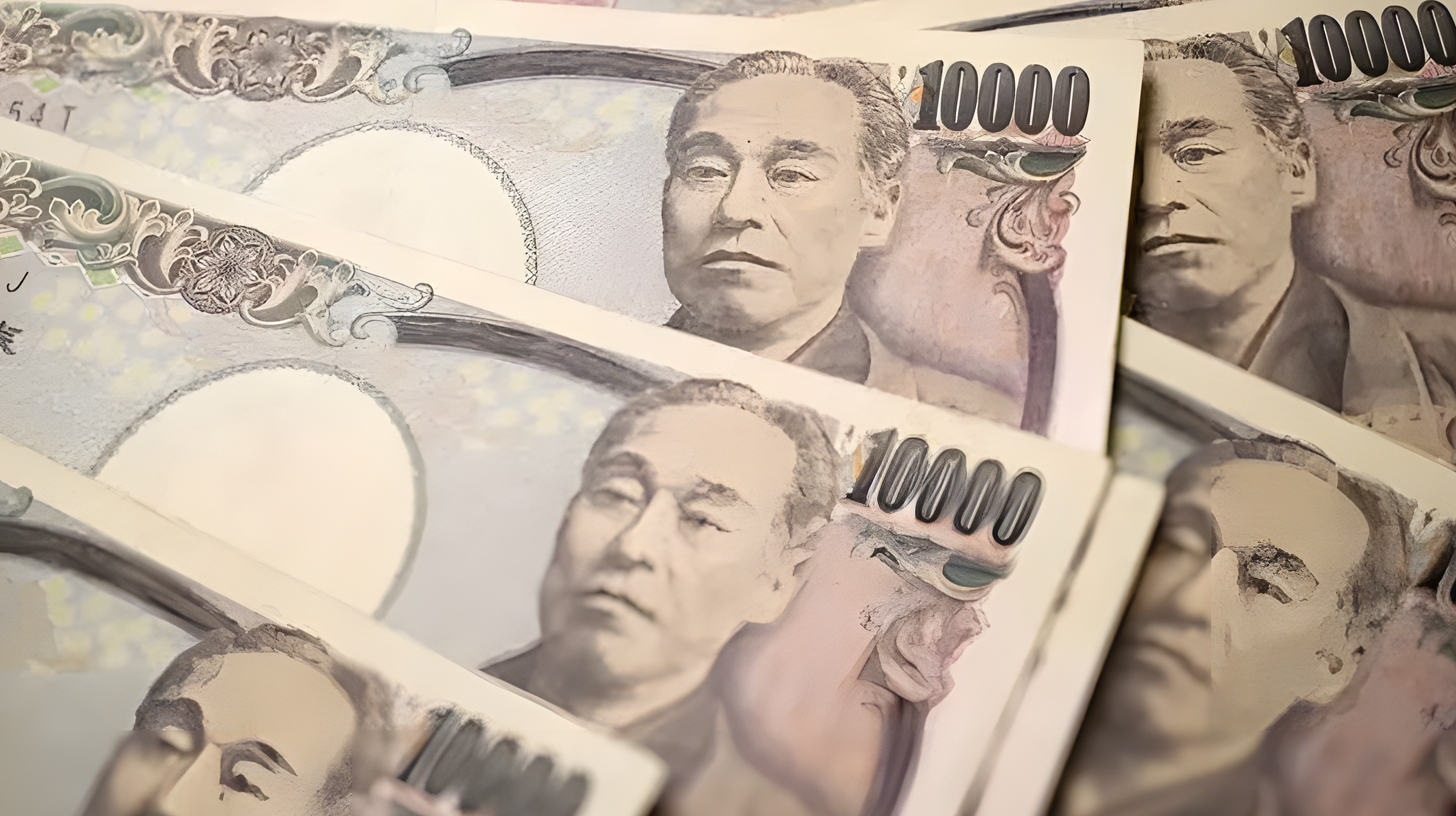
In the complex game of the global foreign exchange market, the trend of the euro yen exchange rate has always been highly anticipated. Since 2025, the euro/yen exchange rate has continued to rise, approaching its highest point of the year at one point. This phenomenon contains profound economic, policy, and market factors, which have a profound impact on the global financial landscape.
From the perspective of exchange rate trends, from the beginning of 2025 to July, the euro to yen exchange rate showed a significant upward trend. On July 3rd, its highest exchange rate reached 170.612, a significant increase compared to the beginning of the year. This change is not isolated, but the result of multiple intertwined factors.
The difference in monetary policy is one of the core factors driving the euro yen exchange rate higher. The Bank of Japan has long pursued an ultra loose monetary policy, with the benchmark interest rate maintained at an ultra-low range of 0 to 0.1%, and the plan to reduce the purchase of treasury bond announced at the June meeting was not as expected by the market, so it is determined to maintain a loose monetary environment. This loose policy has reduced the attractiveness of the yen, causing investors to sell it in search of assets with greater potential for returns. In sharp contrast, although the European Central Bank is also addressing economic challenges, it is relatively more flexible in monetary policy. Although the Eurozone economy is facing certain pressure, it still shows some resilience, and the policy measures of the European Central Bank have enabled the euro to maintain a relative advantage in global currency competition. The significant difference in monetary policies between Japan and the United States has led to the continuous depreciation of the Japanese yen, providing strong impetus for the rise of the euro against the Japanese yen. The US dollar against the Japanese yen has broken through the 160 mark, setting a new record since December 1986, indirectly reflecting the weakness of the Japanese yen and further promoting the rise of the euro against the Japanese yen exchange rate.
The changes in the global economic situation are also profoundly affecting this exchange rate trend. As the global economy gradually recovers from the impact of the pandemic, there are differences in the pace and intensity of recovery among different economies. The eurozone is gradually recovering in areas such as manufacturing and services, with good export performance and relatively optimistic economic growth expectations. For example, as the economic engine of the eurozone, Germany's industries such as automobiles and machinery manufacturing have continuously improved their competitiveness in the global market, driving the overall economic development of the eurozone. However, the Japanese economy faces many challenges in the process of recovery, such as labor shortages caused by an aging population and weak growth in the domestic consumer market. These factors have given investors more confidence in the economic prospects of the eurozone, with funds flowing into euro assets, driving the appreciation of the euro and subsequently causing the euro to rise against the yen.
International geopolitical factors cannot be ignored either. Under the influence of uncertain factors such as international trade frictions and regional conflicts, investors' risk preferences have changed. When the global geopolitical situation is tense, funds often seek relatively safe and stable assets. The eurozone has certain advantages in terms of political stability and economic scale, attracting a large influx of safe haven funds. In contrast, Japan faces some uncertainties in the international geopolitical landscape, such as territorial disputes with neighboring countries, which to some extent affects investors' confidence in yen assets, prompting capital outflows from Japan, driving the depreciation of the yen, and causing the euro to rise against the yen.
However, the future trend of the euro yen exchange rate remains uncertain. On the one hand, despite the strong performance of the euro against the yen at present, there are variables in the future direction of the European Central Bank's monetary policy. If the market's expectation of further interest rate cuts by the European Central Bank increases, creating a greater contrast with the Federal Reserve's expectation of "not rushing to cut interest rates", it may limit the further rise of the euro, thereby exerting downward pressure on the euro yen exchange rate. On the other hand, the expected intervention of Japanese authorities in exchange rate fluctuations has also brought unstable factors to the market. The Bank of Japan has conducted an exchange rate check on the Japanese yen against the euro, which is usually a signal of intervention in the foreign exchange market.
The approaching high point of the euro against the yen this year is the result of multiple factors, including differences in monetary policy, changes in the global economic situation, geopolitical factors, and market sentiment. This phenomenon not only reflects the different trends of economic development in the eurozone and Japan, but also has a significant impact on investment decisions in global financial markets and international trade patterns. In the future, with policy adjustments in various economies and the evolution of the global economic situation, the euro yen exchange rate will continue to fluctuate in a complex environment, and investors and policy makers need to closely monitor its changes to cope with potential risks and opportunities.

Since 2025, the conflict between the United States and Europe over the governance of the digital economy has continued to escalate.
Since 2025, the conflict between the United States and Euro…
When German Chancellor Mertz officially announced that he w…
On December 3rd local time, the copper price on the London …
The European Commission announced a new economic security s…
The European Commission announced a new economic security s…
For nearly a year, US President Donald Trump has launched a…